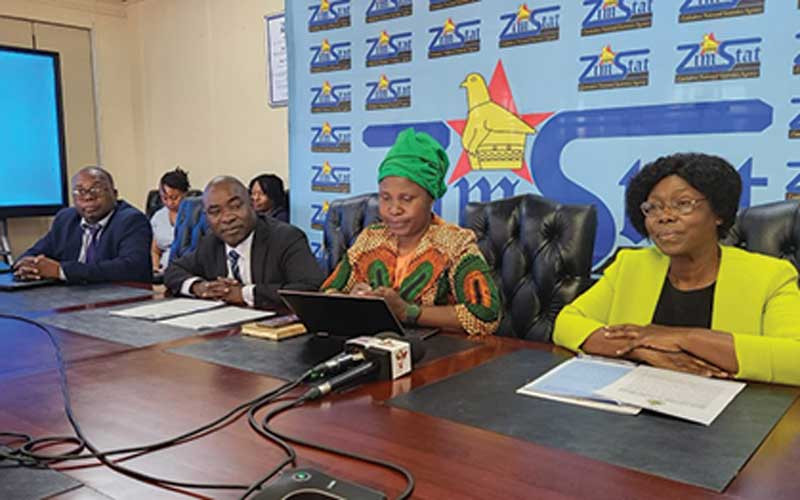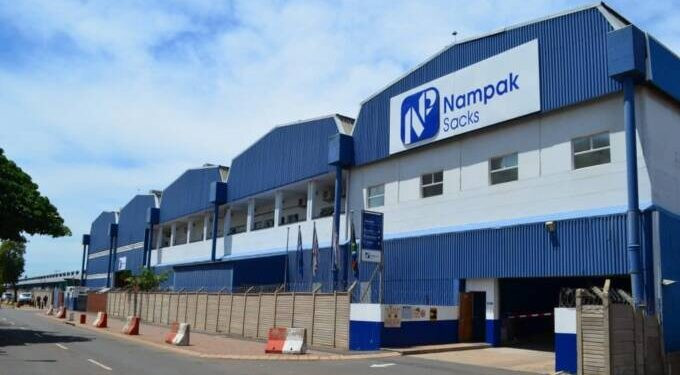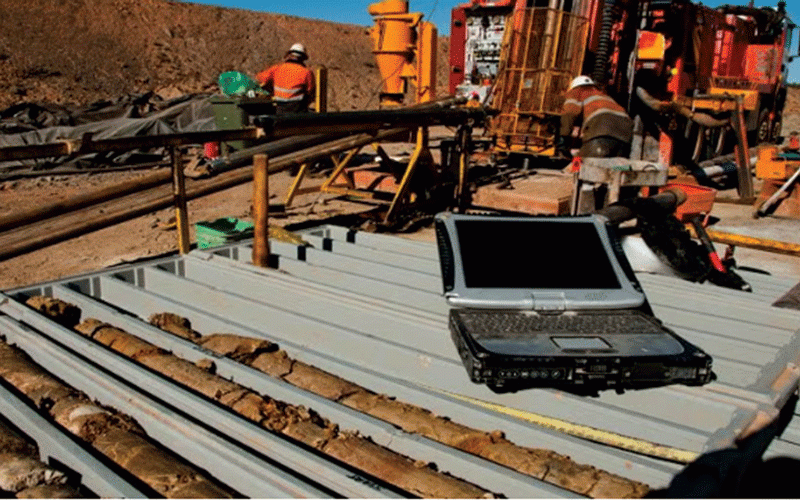
THE International Monetary Fund (IMF) has revealed that the Zimbabwe National Statistics Agency (ZimStat) is seeking to rebase the country’s gross domestic product (GDP) but raised concerns over the team’s competencies and methodology used in determining economic data.
This comes as organisations such as the British-based economic researcher World Economics and the World Bank have raised concern in the way government is collecting data to determine key economic metrics.
The need to rebase the economy is primarily driven by the growth in the informal sector, which independent experts say is now contributing between 60% to 65% of GDP.
An IMF team was in Zimbabwe in October to support ZimStat in the production of national accounts statistics for macroeconomic policy making.
“The mission discussed with the team its plans for rebasing GDP with a base year of 2023. The last full rebase took place many years ago, with a base year of 2012,” IMF said.
“As a result, there is minimal experience of this process within the team and the plans they have developed are overly optimistic. Following the previous mission, the rebase plans had been reworked, with the base year being 2025.”
The rebasing of the GDP comes as Treasury puts the nominal GDP at current market prices at close to US$21 billion. The IMF puts the GDP based on current market prices at US$32,42 billion.
The challenge comes in determining the size of the informal sector which the central bank says contributes an estimated annual turnover of US$14,2 billion.
- Village Rhapsody: How Zimbabwe can improve governance
- Village Rhapsody: Engage men to end gender-based violence
- Village Rhapsody: How Zimbabwe can improve governance
- Zim maize output to drops by 43%
Keep Reading
“ZimStat had developed detailed plans for the NEC (National Economic Census), following on work with colleagues in other national statistics institutes. The plans seem to be much more realistic than previously, ZimStat will need to develop similar plans for the other aspects of the rebase, as per the March 2023 mission’s recommendations, including development of product and industry classifications and specification of the IT system,” IMF said.
“ZimStat is carrying out a three-phase NEC. The first phase is a business mapping exercise to identify the physical location of businesses, planning to run from November 2023 to April 2024. This will be followed by phase 2, the business listing exercise to update the business register and generate the sampling frame from May in November 2024.”
The actual data collection and processing phase (phase 3) is planned to be completed by November 2026, although it is recognised that the work may take longer than planned, according to the Bretton Woods Institution.
“The data collection phase will be a sample survey. At the time of the March mission, it was planned that a full census would be run. Plans have now changed and the plan, subject to available resources, is for a census for large and medium-size businesses with a sample for small businesses. ZimStat will request further technical assistance for developing questionnaires,” IMF said.
“For small businesses, the data collection instrument will be a weekly diary. The plan is that this will run for 12 months, but the mission pointed out that there may be cost issues, as well as “diary-fatigue” for respondents, so this phase may be shortened.
This shortening would seem to be sensible, as this could be resource intensive and running for a year may not generate significant benefits.”











